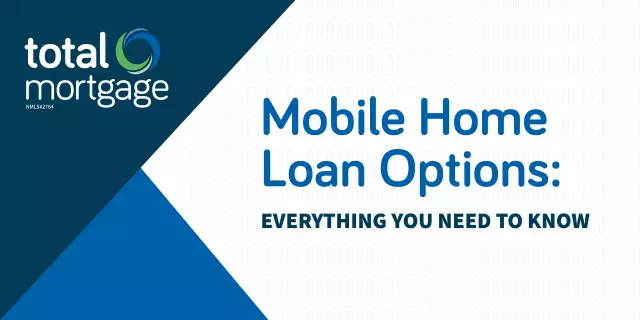Can You Cosign on a Loan? - Total Mortgage
As the cost of living continues to climb, many are wondering whether they will ever be able to afford to buy a house on their own. A mortgage cosigner could be a solution.
If you have bad credit but need a mortgage, asking a relative or friend to cosign the loan can be the answer – but before you go around asking, be sure you know what you’re getting into.
Can You Cosign on a Loan?
Yes, you can cosign on a mortgage. But whether you’re the one being asked to cosign or need someone else to take on a mortgage with you, it’s important to know what’s involved.
Taking on the principal borrower’s debt when they cannot make payments may strain relationships with family members, friends, spouses, and parents – and expose you to potential financial hardship.
The reality is that this is a legally binding contract, and if the borrower defaults on their payments, the lender can come after you, even if you don’t live there.
What Does it Mean to Cosign a Loan?
Cosigners promise to pay back the mortgage if the borrower defaults on the loan. They also commit their time and resources to getting them a loan by having their credit pulled and signing paperwork.
In addition to this, there aren’t many advantages to cosigning. Rather than owning the home, the cosigner just provides financial assistance to the individual who will be living in the house full-time. The majority of cosigners are family members who are also known as “non-occupant borrowers,” which simply means they are also borrowers but do not reside in the house they cosign.
Co-Signer vs Co-Borrower
Although both co-signers and co-borrowers participate in the obligation of taking out a loan, you may be wondering about the similarities and distinctions between the two. Simply put, a co-borrower will be included on the property title whereas a co-signer will not.
Being on the title comes with its own set of rights and obligations, which means you could be held accountable in some instances. For example, if your name is on the title and someone gets hurt on the property, you could be sued for damages.
Pros and Cons of Cosigning a Mortgage Loan
Cosigning a mortgage loan can be a great financial tool for many borrowers with poor or limited credit, but it doesn’t come without risk. Here are some of the pros and cons of cosigning a mortgage loan.
Pros
Cons
We have branches across the country. Find a Total Mortgage expert near you and speak with one of our mortgage experts to discuss your options.
Cosigning a Mortgage Loan Process
The first step in being pre-approved is contacting the lender, who will evaluate the cosigner’s finances in the same way they assess the applicant’s.
Income, credit histories, debt levels, and available credit for both applicants and cosigners will all be considered before a decision is made, just as they would in a conventional underwriting process. However, the cosigner will be legally accountable for the loan and may be sued by the lender if the main signer defaults on the payments.
However, with FHA loans, there are specific cosigner requirements and the cosigner will be on the property title. The cosigner must be a family member or close friend of the borrower. Additionally, lenders only consider the following relatives to be a cosigner on an FHA loan:
Step, adoptive, and foster relatives are also eligible.
If the cosigner is a friend, then a letter explaining the link between the friend and the borrower and why the friend wishes to assist is required. The cosigner must also live in the U.S. for most of the year and have a DTI of 70% or lower if the borrower is making a down payment under 20%.
Explore Your Options With Total Mortgage
So can you cosign on a mortgage? Yes, but it’s essential to understand the obligations involved with making that commitment. There are benefits and drawbacks to cosigning for both the primary borrower and cosigner, which is why it helps to work with a lender that is well-versed in the unique criteria for cosigners on various types of loans. Ready to take the next step?
Start by finding a Total Mortgage branch near you or apply online and get a free rate quote

